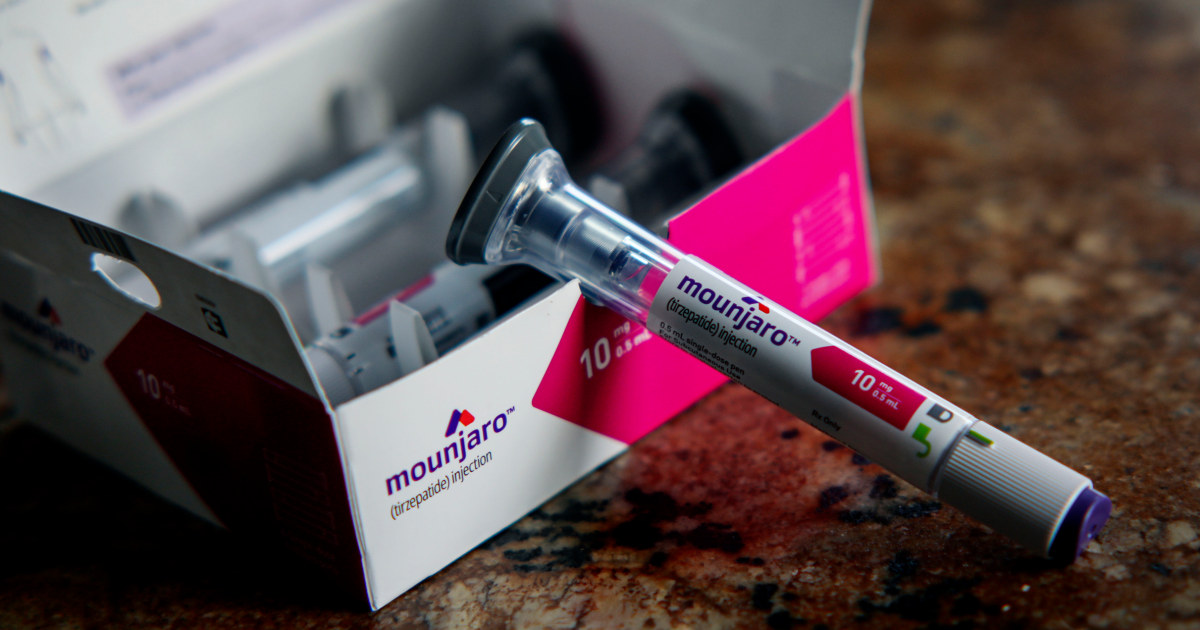
Drugmaker Eli Lilly said on Thursday it was suing six more entities including medical spas and wellness centers for selling products claiming to contain tirzepatide, the active ingredient in its popular diabetes drug, Mounjaro.
Tirzepatide was approved late last year as Zepbound for weight loss, and Lilly is the only company that has the approval of the U.S. Food and Drug Administration to sell the drug.
In its six separate lawsuits filed in the courts of Ohio, Texas, Hawaii and the District of Columbia, Lilly has alleged that these entities are falsely claiming that their compounded versions of tirzepatide are approved by the FDA.
Lilly has warned that unsafe or untested compounded tirzepatide puts patients at risk and said it was concerned about the increasing number of online sales and posts on social media involving counterfeit versions of its drug.
Demand has been outpacing supply for GLP-1 drugs, which include Novo Nordisk’s Wegovy and Lilly’s Zepbound and Mounjaro. Some doses of Mounjaro and Zepbound are expected to be available in limited quantities through the second quarter, according to the FDA.
Lilly and Danish rival Novo have sued several entities to stop them from selling products claiming to contain the active ingredients — tirzepatide and semaglutide — used in their respective popular weight-loss drugs.
In May, the Indianapolis-based drugmaker entered into a settlement deal with Totality Medispa, which was required to make a monetary payment to Lilly and implement other corrective measures.
Lilly has entered into similar settlements with other med spas and wellness centers, which have falsely advertised their products in the past, it said on Thursday.
The FDA has warned about the safety risks of using compounded or custom-made versions of popular weight-loss drugs.
However, the agency’s guidelines allow compounded drugs to be made and distributed with fewer restrictions, under certain circumstances, such as when the original drug appears on its drug-shortage list.






